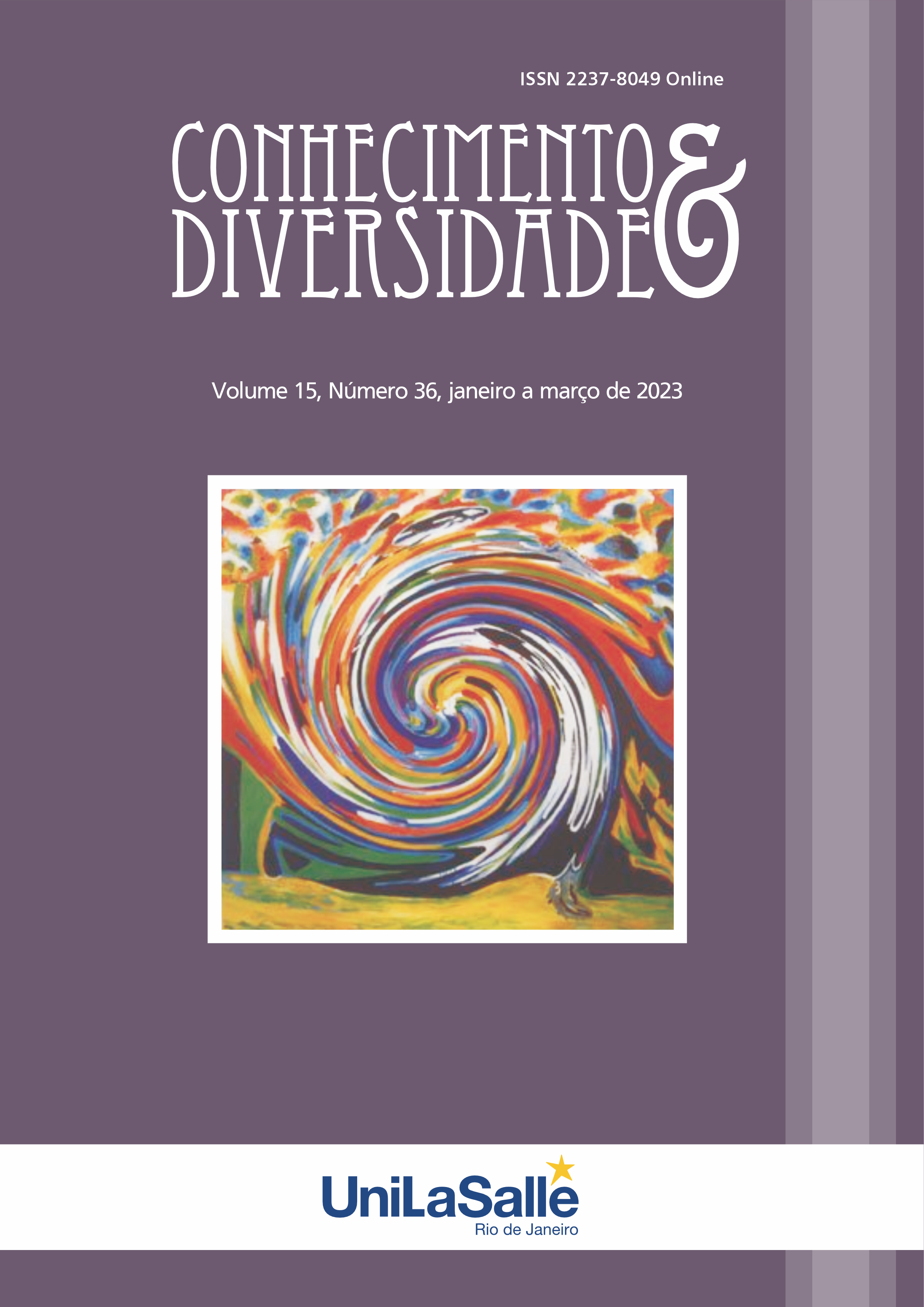SOCIAL CLASSIFICATION IN SOME DEVELOPING COUNTRIES AND THE PRACTICE IN VIETNAM WITH THE RECOMMENDATIONS
DOI:
https://doi.org/10.18316/rcd.v15i36.10845Palabras clave:
Social classification, Equality, Vietnam social classification, Inequality in Vietnam, Economic inclusion, Social management.Resumen
Inequalities are a reality in both developed and developing countries. Inequality in society can be detected through economic and social dynamics. There has been concern about the poor getting poorer and the richer accumulating more wealth to themselves; thus, the gap between the two continues to widen. Â Â Inequalities can be defined by income and an individual's living standards and wealth distribution, healthcare conditions, home surroundings, people's purchasing power, and political impact. Vietnam, for instance, is experiencing a high prevalence of social inequality (Un.org, 2021). This inequality can be attributed to the high unemployment rate, variation in axation rates, and unfavorable income distribution, which gives an added advantage to the wealthy while disadvantaging the poor. Therefore, this article will discuss the concept of economic inequality in the world, the causes of economic inequality, how the two economists Thomas and Amartya explain the concept of inequity, and finally, give recommendations on how businesses can help solve the problem of social and economic inequity.
Descargas
Publicado
Número
Sección
Licencia
Tal como recomienda el Public Knowledge Project, RCD adopta para sus artículos una licencia CREATIVE COMMONS: Attribution CC BY 4.0
Esta licencia permite que otros distribuyan, remezclen, adapten y desarrollen su obra, incluso con fines comerciales, siempre que le atribuyan a usted el mérito de la creación original.
Esta es la licencia más adecuada que se ofrece.
Recomendado para la máxima difusión y utilización de los materiales bajo licencia.



